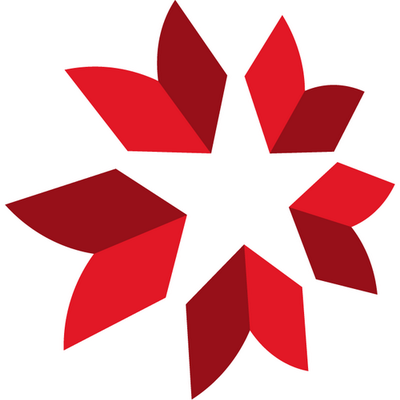
Advice from the Archives Series Note: Occasionally, we dig into the archives to uncover a post we feel holds relevant and timely information worthy of a repost. If you are interested in learning more about research grants and fellowships to support your graduate study, be sure to visit the GradFund Knowledgebase.
Hello again, GradFund Conversations readers! Today we will be spotlighting another great opportunity: the Andrew W. Mellon Completion Fellowship administered by the American Council of Learned Societies (ACLS), also known as the ACLS/Mellon Completion Fellowship. As the name would suggest, this fellowship is aimed at students in the social sciences and humanities who are in the final stages of completing their dissertations. It provides a comprehensive one-year support package consisting of a $30,000 stipend, $3,000 for research expenses, and $5,000 for university fees.
The Completion Fellowship
There is one caveat, however: your graduate program (and by extension, your university) must pledge not to provide any further financial support beyond the fellowship term. This serves to encourage awardees to finish their degrees by the end of the fellowship year, so if you apply, make sure you are actually prepared to finish within the one-year term limit before you accept! Make sure you read the specific eligibility criteria carefully.
Additionally, since this is a dissertation completion fellowship, applicants are expected to demonstrate an understanding of their work consistent with an advanced level of study. What does that mean? Well, for one, you will be expected to submit a completed chapter from your dissertation. Additionally, you should adopt the appropriate scholarly tone. The proposal methodology, rationale, and impact should be well-developed and characterized.
Ideally, this stage of research is also reflected in the applicant’s professional activities. The ACLS wishes to promote and support the next generation of top-tier research talent. So demonstrating previous efforts and successes in publication and dissemination are important. These previous efforts, taken in addition to future plans, can help to make an applicant more compelling during review. This concept is labeled a “career trajectory” in their review criteria. Now, let’s move on to some of the specific requirements
Application Process
Applications are due annually in October, and you will need to generate a few documents before the due date. Click over to the program website for the specifics of the application process.
- Proposal (Max. 5 pages)
- Timeline (1 page)
- Optional visual supporting material (Max. 3 pages; may include musical scores, images, or other non-text materials)
- Bibliography (Max. 2 pages)
- Completed dissertation chapter (NOT the Introduction, Conclusion or Literature Review!)
Review Process
The ACLS is a federation of several distinct societies encompassing various fields within the humanities and social sciences. Their mission is to strengthen the ties between these societies by promoting common goals. Particularly, the council promotes scholarly research, publications, and education. As you prepare ACLS applications, you should keep this mission in mind. Interdisciplinary and collaborative research is a strong selling point.
ACLS competitions are split into two review sessions. The first round matches your application with a panel of 2 or 3 experts in your field. This means that your proposal needs to be in-depth enough to convey your understanding of the context of the research. Keep in mind that experts in your field may not necessarily be experts on your topic. It’s a fine line to walk, but remember that you must satisfy this group of reviewers in order to progress to the second stage.
The second stage of reviewers is a selection committee consisting of a number of experts from disciplines across all of the humanities and social sciences. This two-stage process presents a unique challenge. How do you write a proposal for two different audiences? It helps to focus on what all the reviewers have in common. They all share a similar level of education and general proficiency in the humanities. With this in mind, it becomes less difficult to make decisions regarding common language and practices across disciplines. As far as overall structure is concerned, try framing your proposal (the beginning and end) in a more general context. That is, focus on the non-specialists during the introduction and closing comments. Introduce your goals early before getting too specific. As you expand into the middle of the proposal, introduce more concepts and rationale that are specific to your field. Then finish with the general audience in mind to wrap it all back together. Basically, start broad, get specific, and finish broad. This may also help provide a compelling flow of ideas throughout your proposal.
More information can be found at the program website. If you are considering applying for the Andrew W. Mellon Completion Fellowship, schedule an appointment with GradFund to review your application.


Leave a Reply